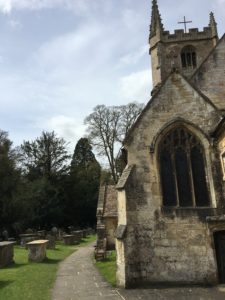Feeling No Guilt
Terry Odell
 As I mentioned in my last post, I was headed out for a Mississippi River cruise vacation, with some extra time in New Orleans. We arrived on schedule, checked into the hotel (and because I always try to stay at the same chain, I’d accrued enough points to be a Diamond Medallion member) and they upgraded us to a suite. With TWO bathrooms! Also free breakfasts and a couple of comped drinks at the bar. And a bottle of wine in the room. And fruit.
As I mentioned in my last post, I was headed out for a Mississippi River cruise vacation, with some extra time in New Orleans. We arrived on schedule, checked into the hotel (and because I always try to stay at the same chain, I’d accrued enough points to be a Diamond Medallion member) and they upgraded us to a suite. With TWO bathrooms! Also free breakfasts and a couple of comped drinks at the bar. And a bottle of wine in the room. And fruit.
But I digress. That’s really not what this post is about. I got home Monday afternoon, a day later than scheduled due to severe weather grounding flights for many hours. We were gone for almost two weeks. I’d brought my Surface to keep up with email and anything else that might need my attention. I figured I’d check things once a day. I also have an iPhone, but I have never gotten comfortable doing anything requiring I go to websites on that tiny screen. I used it primarily as my backup camera. I also have an iPad mini tablet, which is usually my go-to ereader, and not much else.
I printed out my current wip to read for continuity. This one’s got more threads than all my needlework projects, and I wanted to search for dropped threads and make sure my timeline was accurate. Yes, yes, I know I should have been doing this all along, but best laid plans—
Truth be told, I opened my Surface two times on the entire trip—the first being after I discovered that I had a wonky section in my printout and needed to go to the original file for those messed up/missing chapters. The second time was on the boat when we had time before our shore excursion and I did a quick run through my usual sites to make sure I hadn’t missed anything critical. I also read through a couple more chapters of the printout.
However, I made the decision that I was on vacation and being cut off from cyberspace wasn’t going to alter my life. I had already decided that trying to keep my head in the wip would be a lost cause, so I felt no guilt about not making any forward progress. Not to mention, the keyboard on the Surace screws with my muscle memory, and typos abound.
In fact, I finished my read-through on our last day while waiting for it to be time to go to the airport. And that’s the only work-related activity I did on the trip.
I’m subscribed to a number of Substacks and mailing lists. I confess I hit “delete” on just about all of them, since I was getting them via my phone, and I didn’t think the world would be any different if I didn’t read, like, or comment. I don’t know if anyone noticed, but I was absent from my usual commenting on TKZ posts.
I normally post a ‘word of the day’ game on my Facebook page. I didn’t for the duration of the trip. Other than occasional pictures posted to my Facebook accounts, I did nothing with social media. Put my blog on hiatus, too.
The cruise was fantastic, and I suppose if I were on a deadline, I might have squeezed in writing time. I know many authors who find/make the time to work while away. On this trip, I didn’t. And I felt absolutely no guilt. Sometimes time away from the work—literally away can help recharge batteries, provide new insights and if the absence is long enough, make one antsy to get back to the writing.
So, here I am, back on my mountain, dealing with all the myriad tasks that have accumulated. And there are no hotel or boat crew people to take care of them. No more simply walking into the dining room and telling someone what you want to eat. No more walking into the bedroom and finding the bed made, clean towels, and special treats on the table.
If anyone’s interested, I HIGHLY recommend the American Cruise Line for a riverboat trip. The crew bent over backward to make sure we were happy. So much so, that we’ve already booked another trip on the Columbia and Snake Rivers for next year. I’ll be recapping my adventures both on my blog and my substack. Both are free.
And yes, I took pictures, which will have to be sorted and processed. Here are just a few, taken at the zoo (because I’m an animal person) and on our swamp tour (because I’m an animal person).




Oh, yeah. I have a manuscript to get back to as well.
Your turn. How do you deal with going away? Comments are open.
New! Find me at Substack with Writings and Wanderings
When breaking family ties is the only option.
Madison Westfield has information that could short-circuit her politician father’s campaign for governor. But he’s family. Although he was a father more in word than deed, she changes her identity and leaves the country rather than blow the whistle.
Blackthorne, Inc. taps Security and Investigations staffer, Logan Bolt, to track down Madison Westfield. When he finds her in the Faroe Islands, her story doesn’t match the one her father told Blackthorne. The investigation assignment quickly switches to personal protection for Madison.
Soon, they’re involved with a drug ring and a kidnapping attempt. Will working together put them in more danger? Can a budding relationship survive the dangers they encounter?
 Like bang for your buck? I have a new Mapleton Bundle. Books 4, 5, and 6 for one low price.
Like bang for your buck? I have a new Mapleton Bundle. Books 4, 5, and 6 for one low price.
 Terry Odell is an award-winning author of Mystery and Romantic Suspense, although she prefers to think of them all as “Mysteries with Relationships.”
Terry Odell is an award-winning author of Mystery and Romantic Suspense, although she prefers to think of them all as “Mysteries with Relationships.”


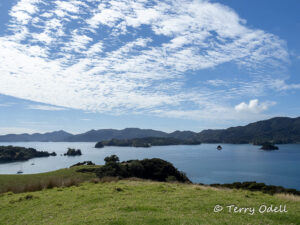 I was going to jump back with a writing-related post, but let’s be honest. We get those all the time here at TKZ, but how many firsthand posts about a 3 week trip to New Zealand are in the archives?
I was going to jump back with a writing-related post, but let’s be honest. We get those all the time here at TKZ, but how many firsthand posts about a 3 week trip to New Zealand are in the archives?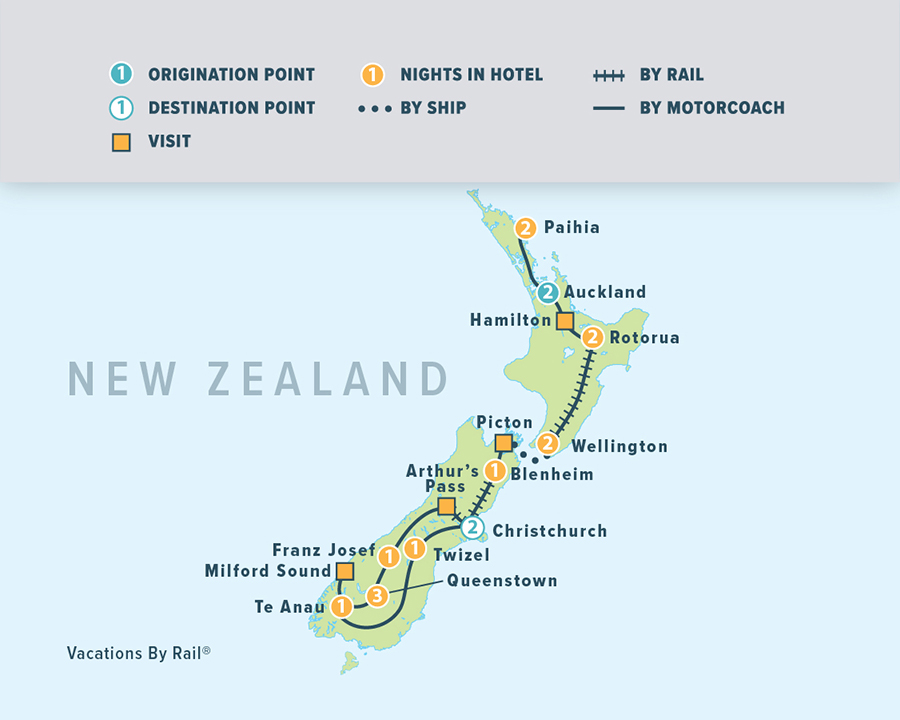 We covered almost the entire country, as you can see by the map. The tour lasted 18 days. We also arrived a couple of days prior to our tour to allow for potential delays and to get over jet lag. (There’s a 19 hour plus a day time difference between Auckland and Colorado on the way out. We get that day back on the return trip.)
We covered almost the entire country, as you can see by the map. The tour lasted 18 days. We also arrived a couple of days prior to our tour to allow for potential delays and to get over jet lag. (There’s a 19 hour plus a day time difference between Auckland and Colorado on the way out. We get that day back on the return trip.)
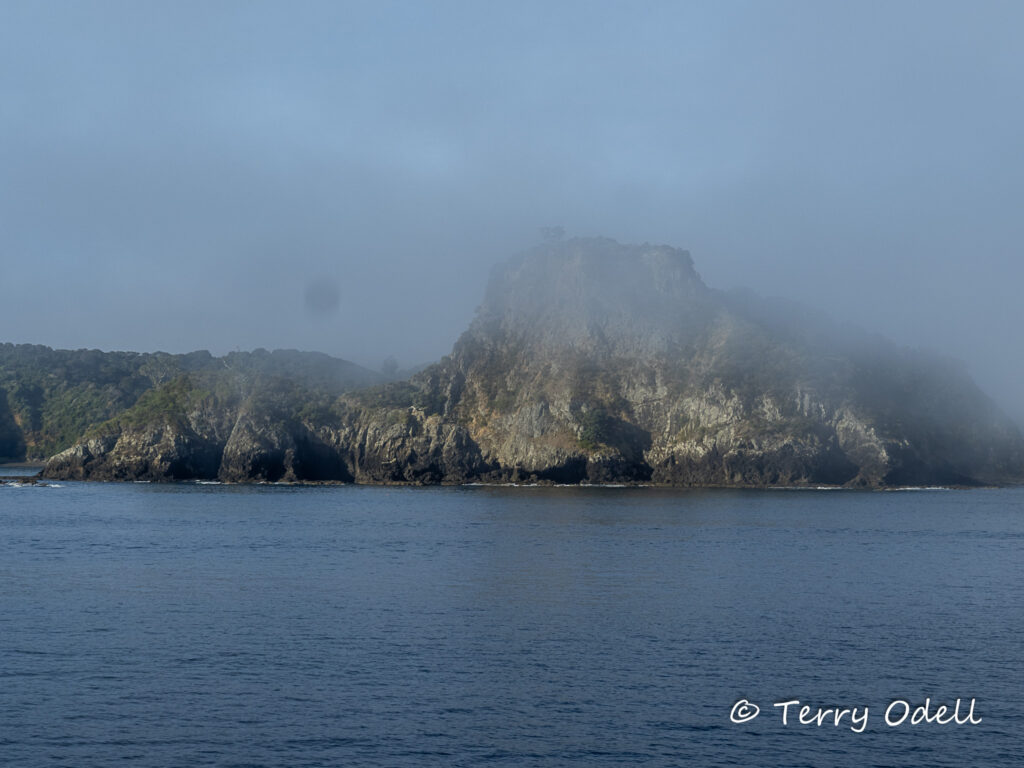
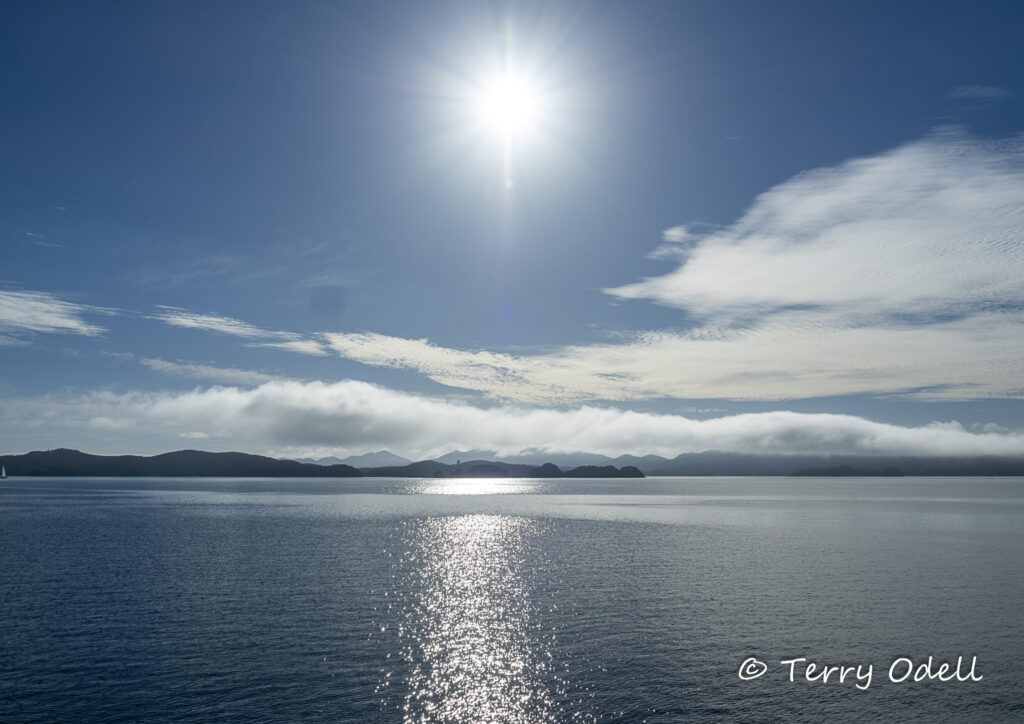
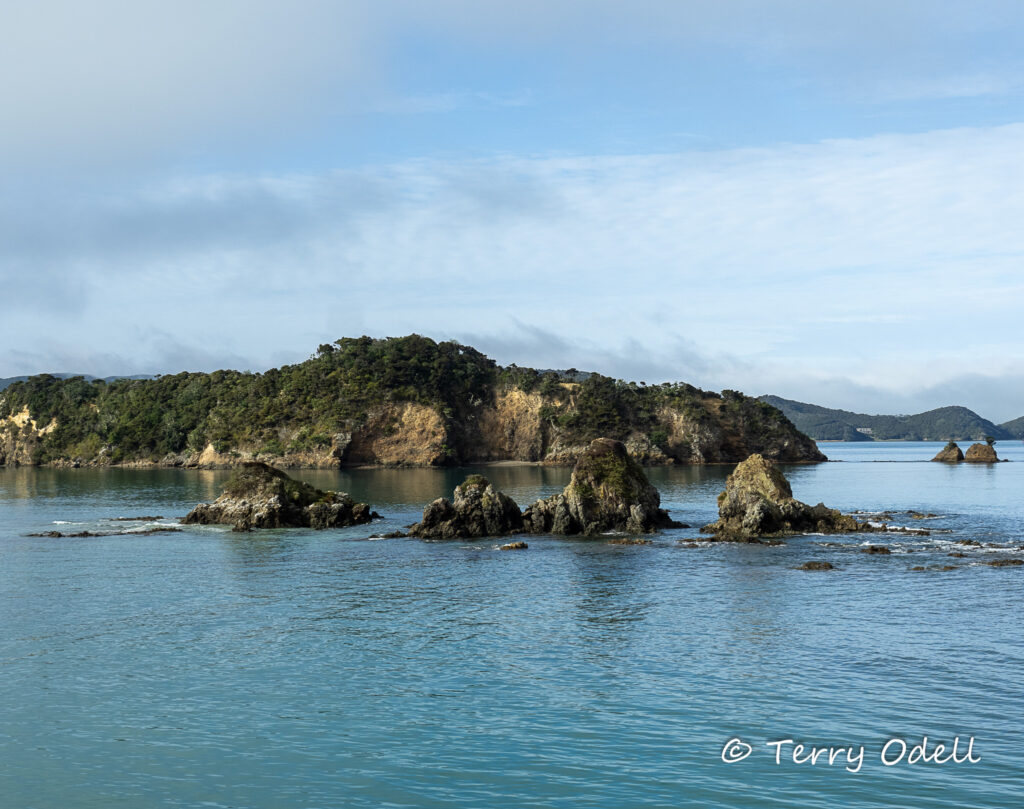
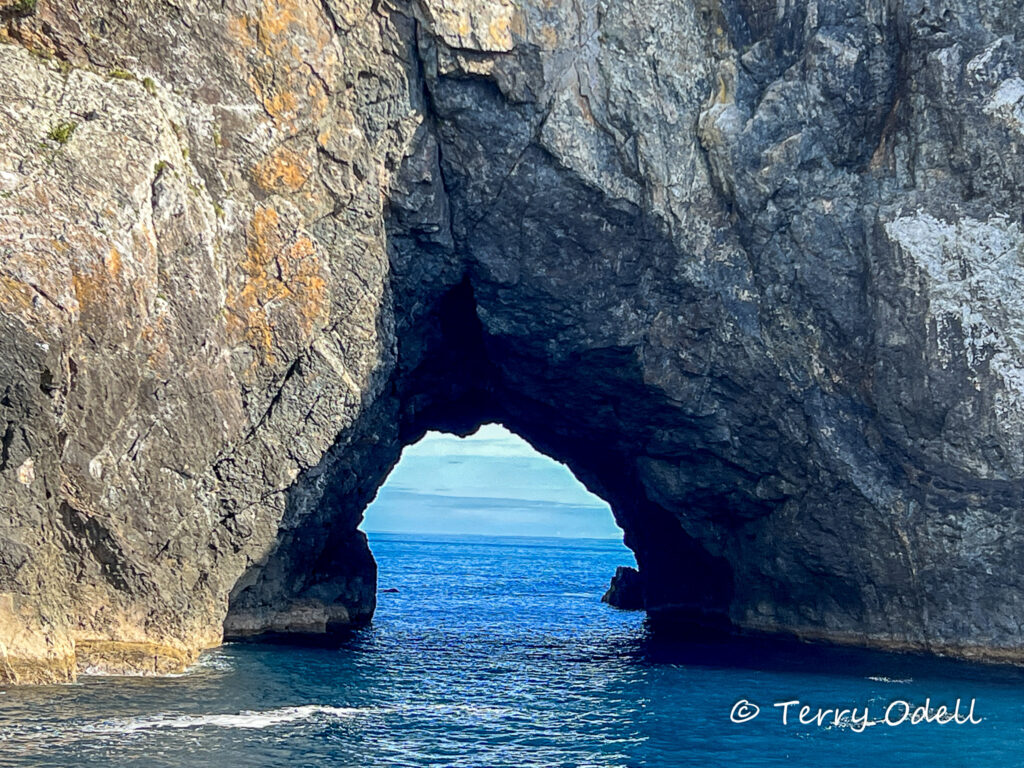
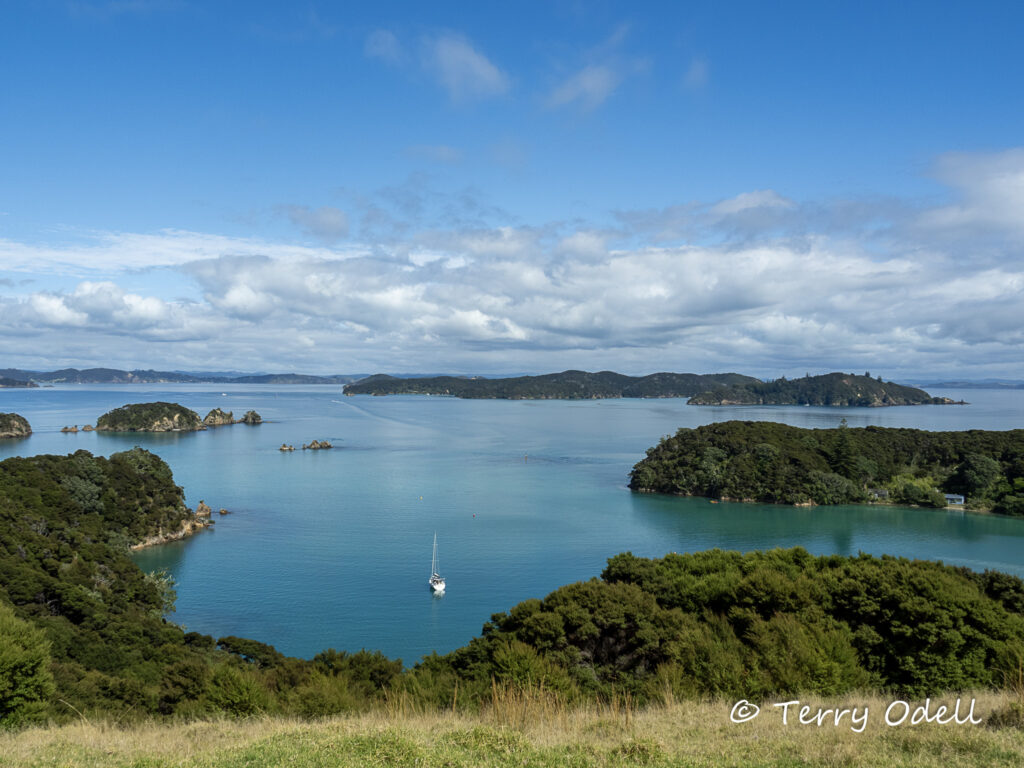
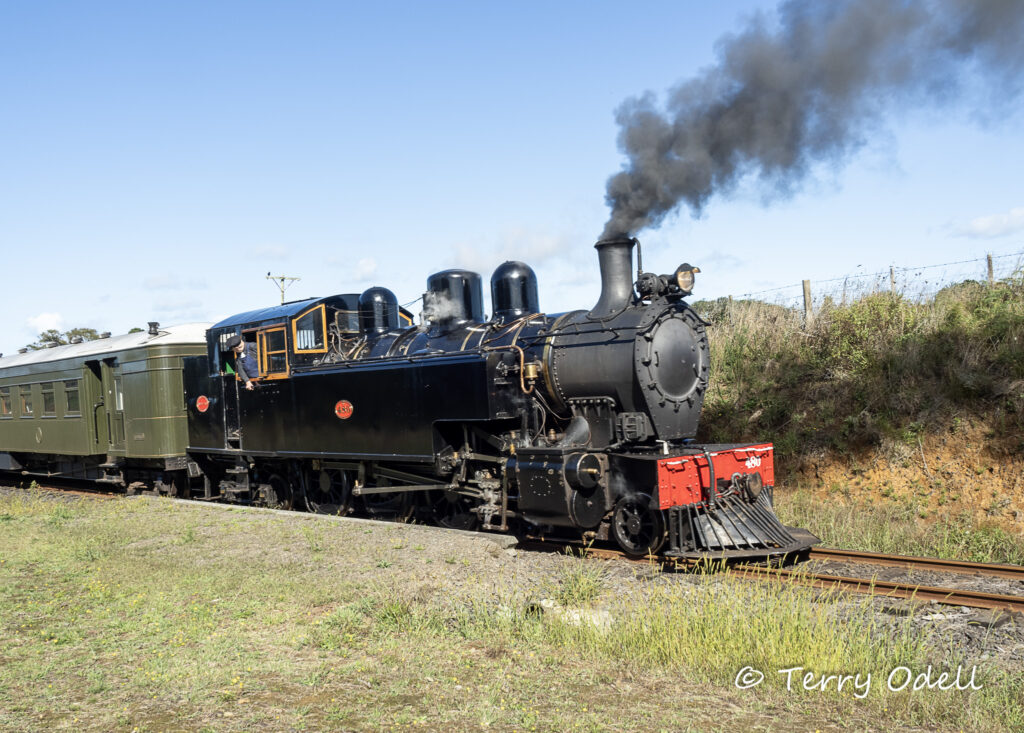
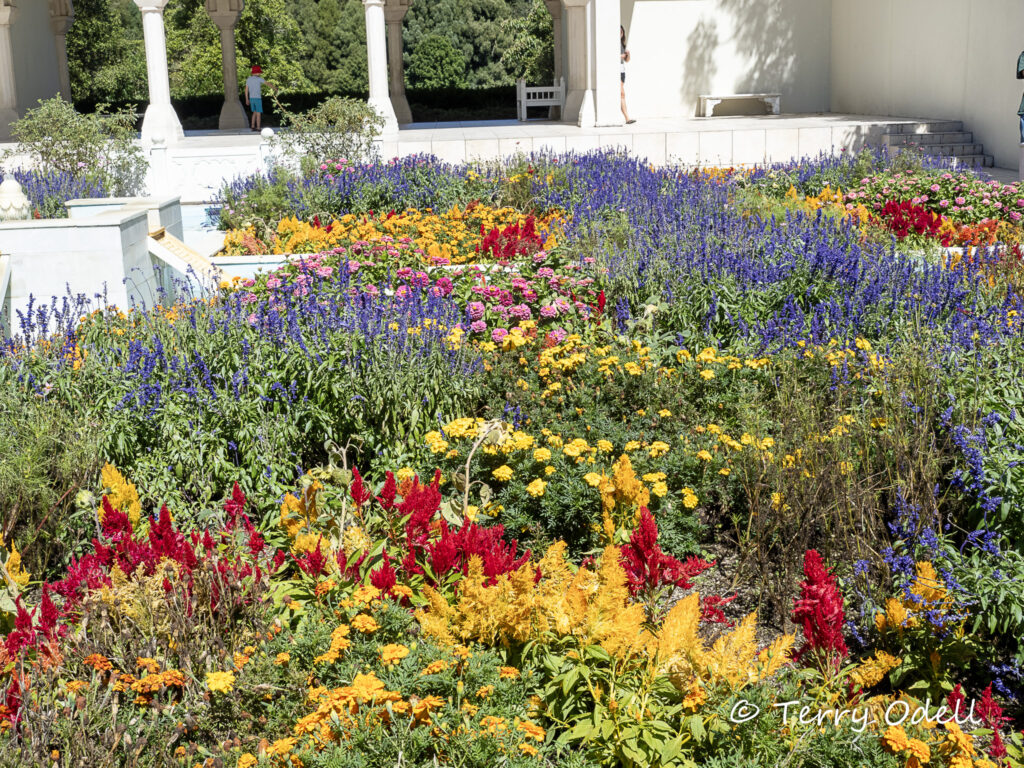
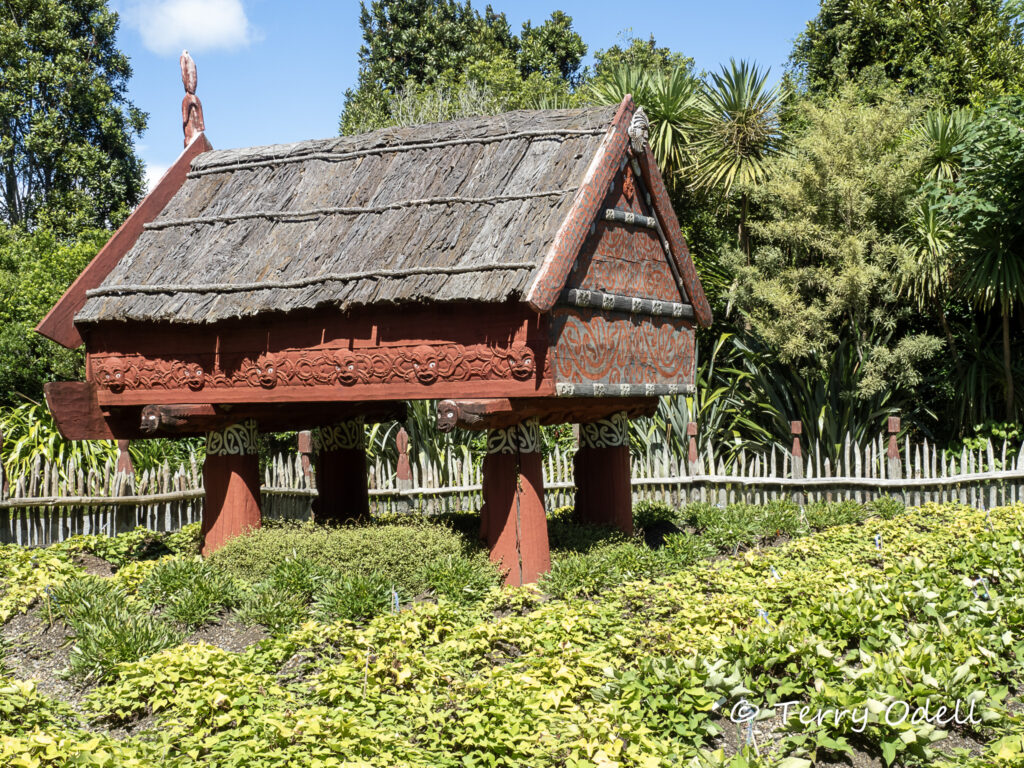
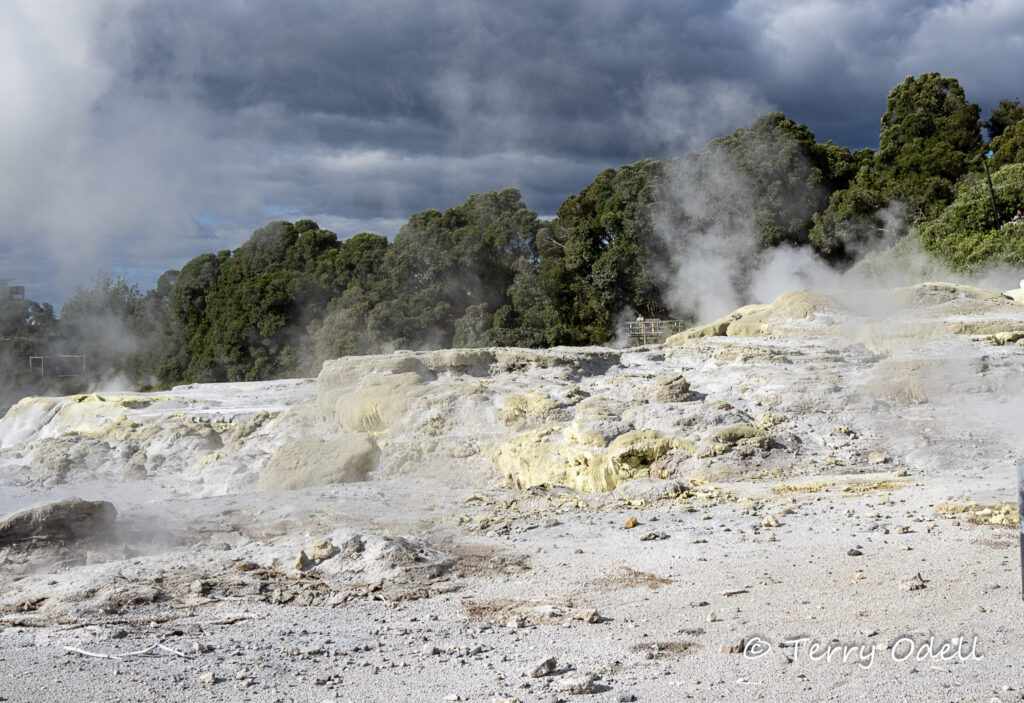
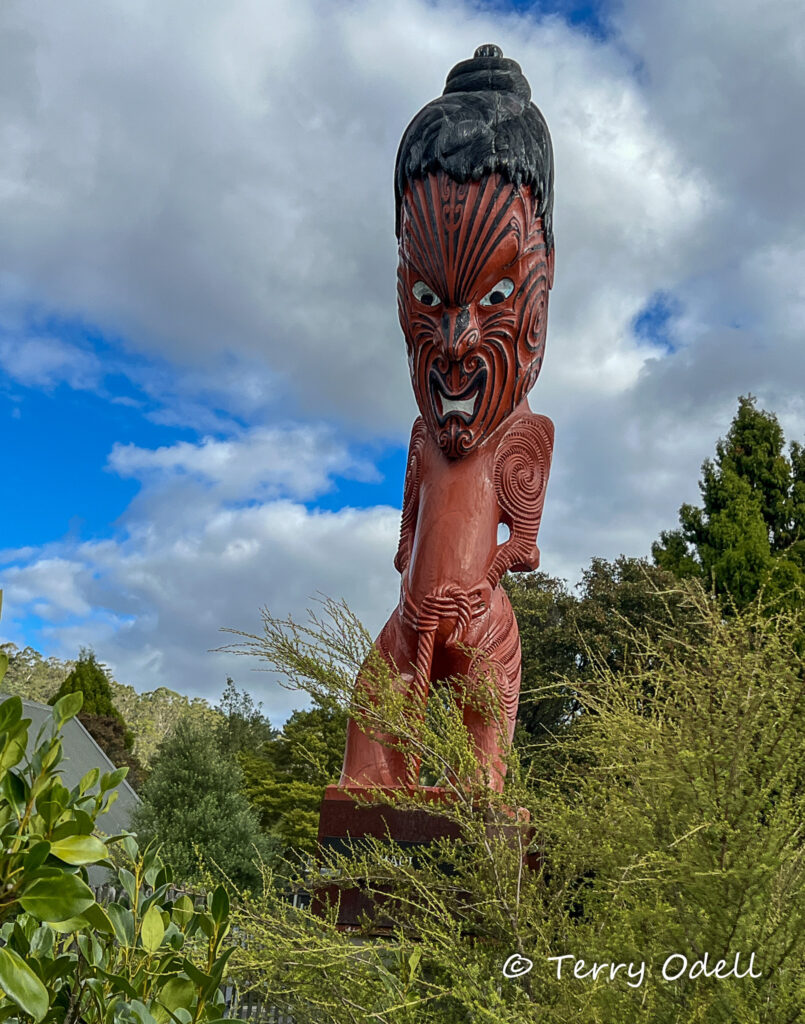
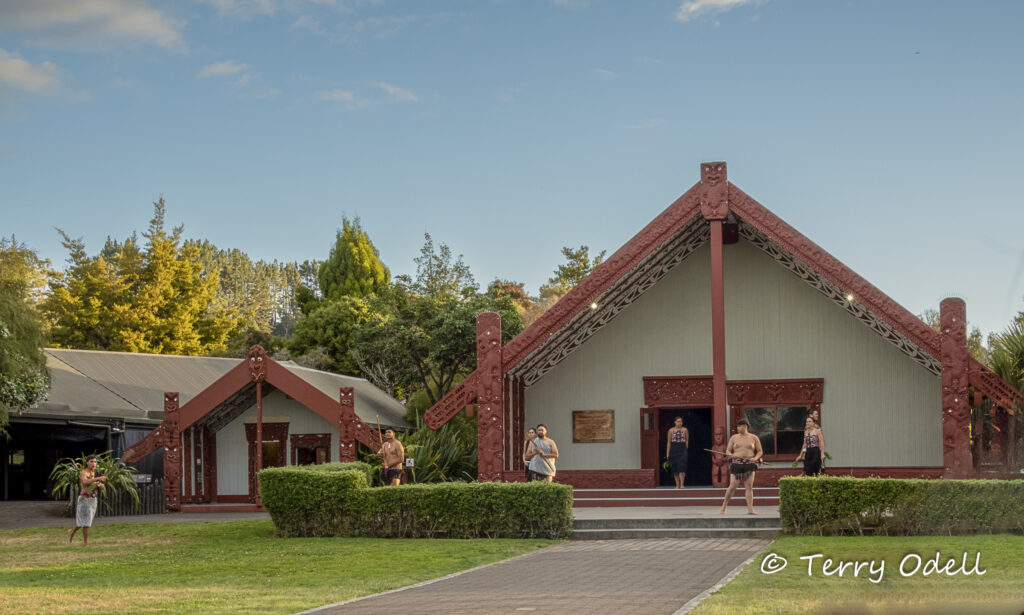
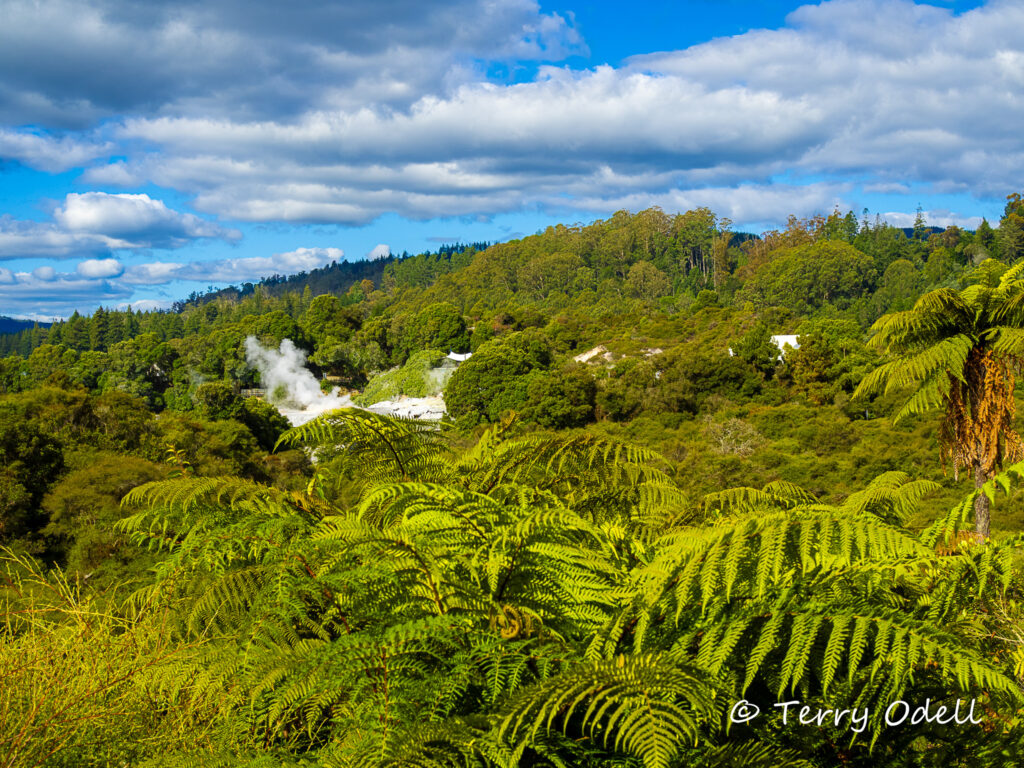
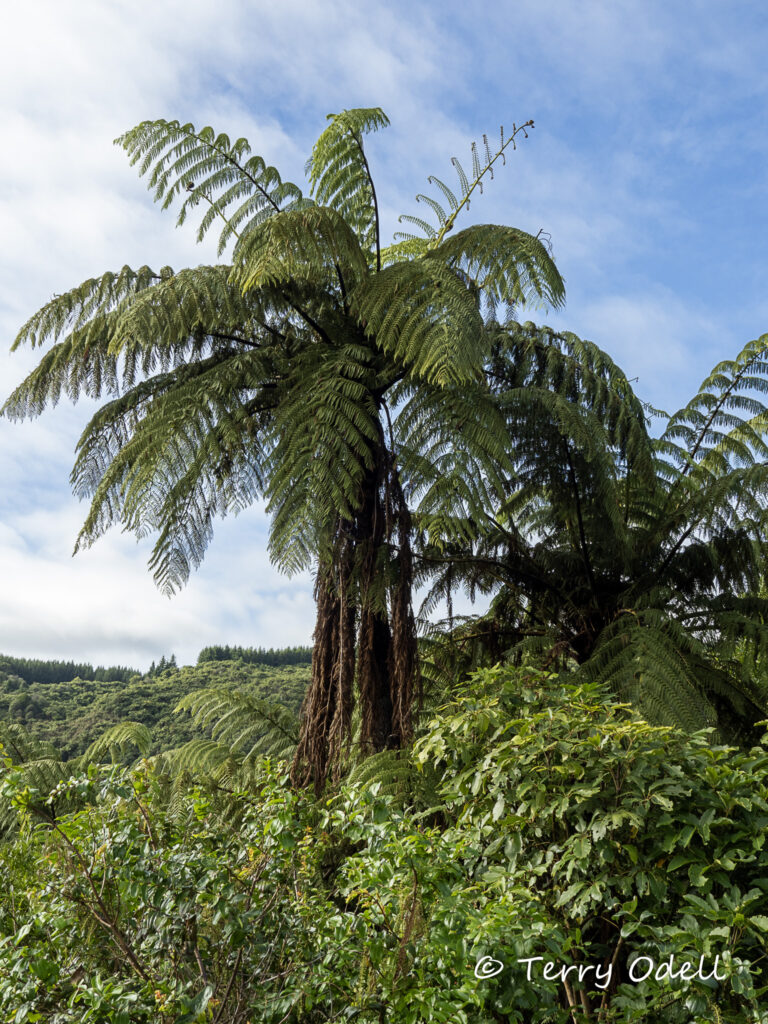
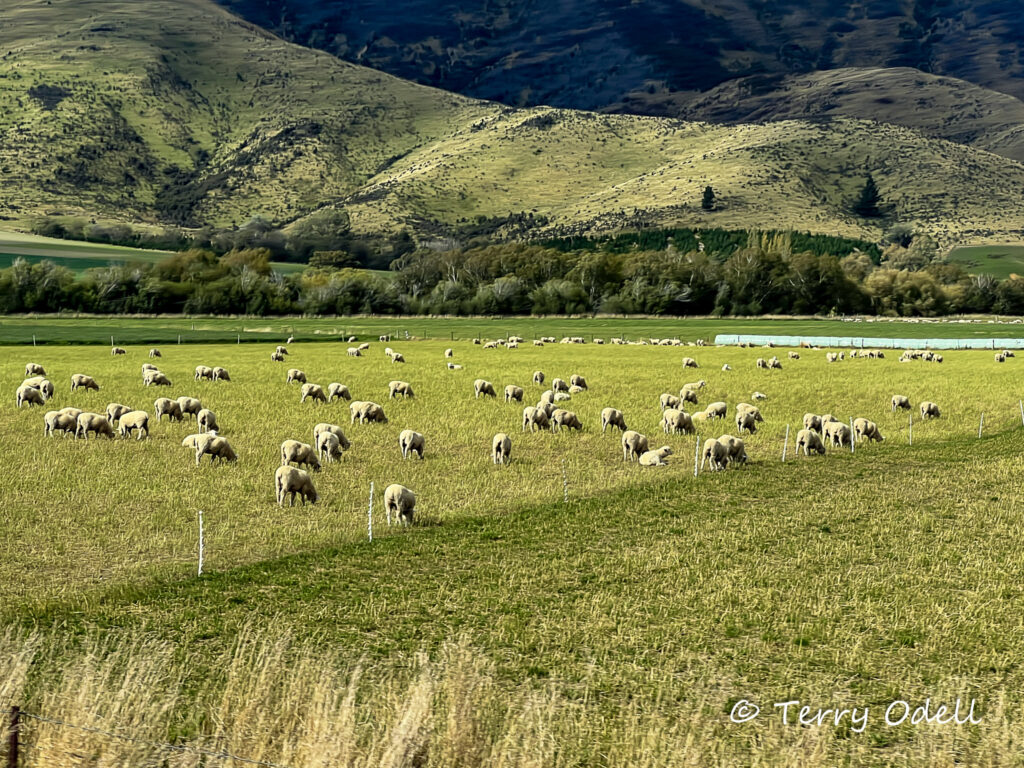
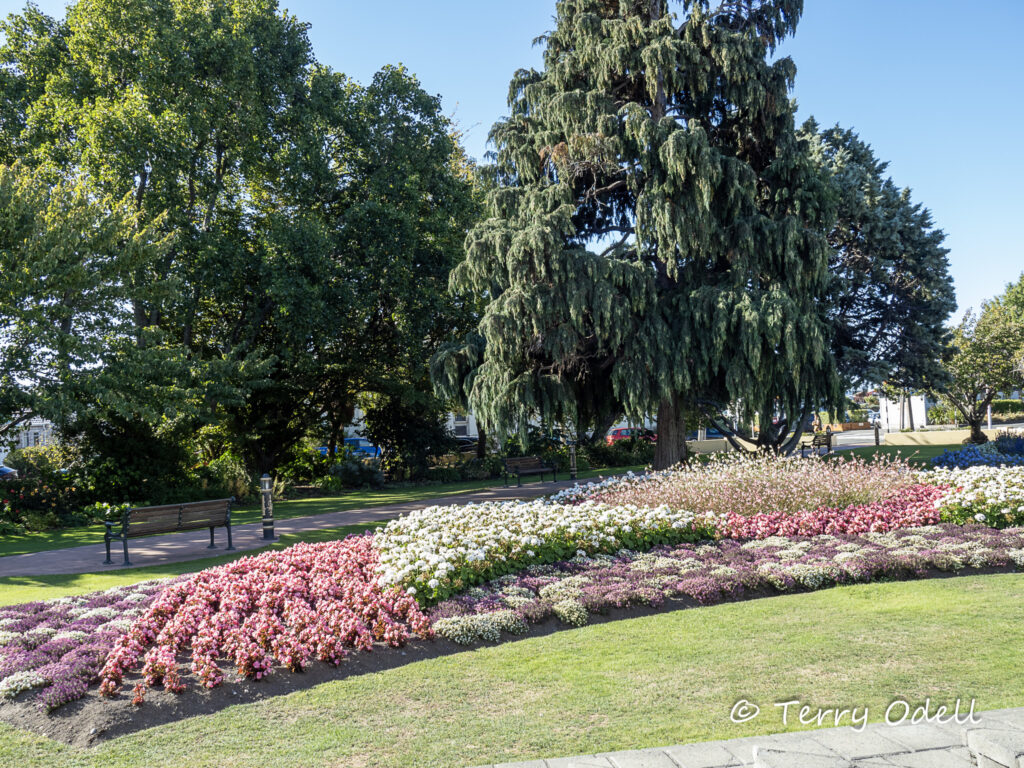
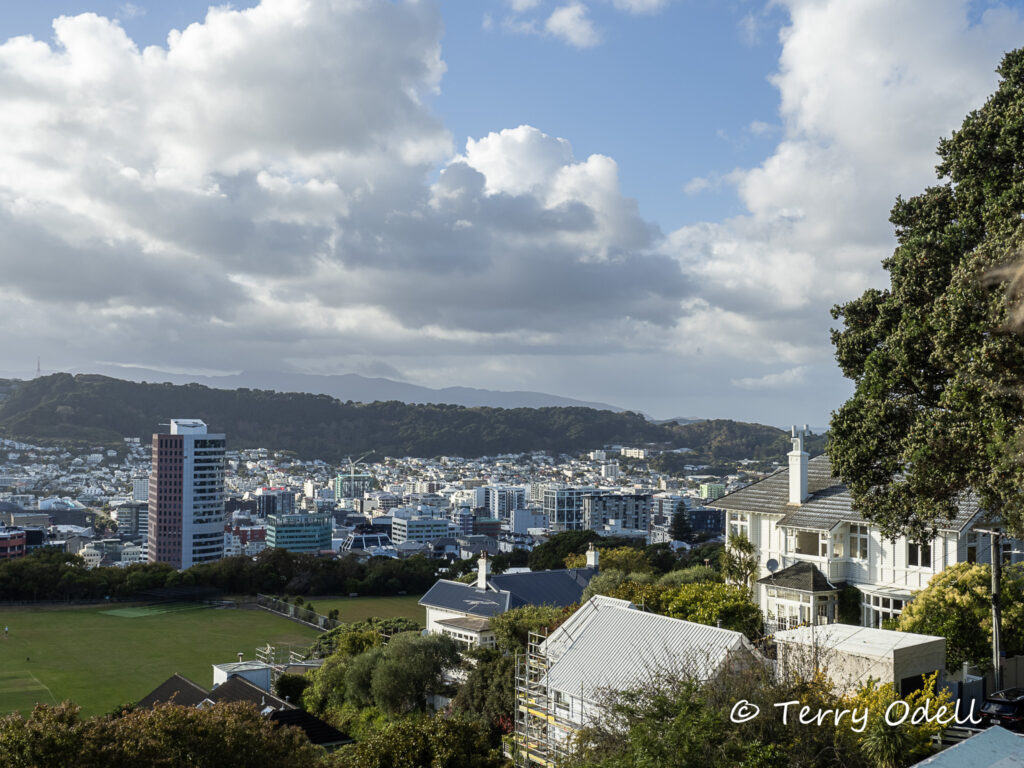
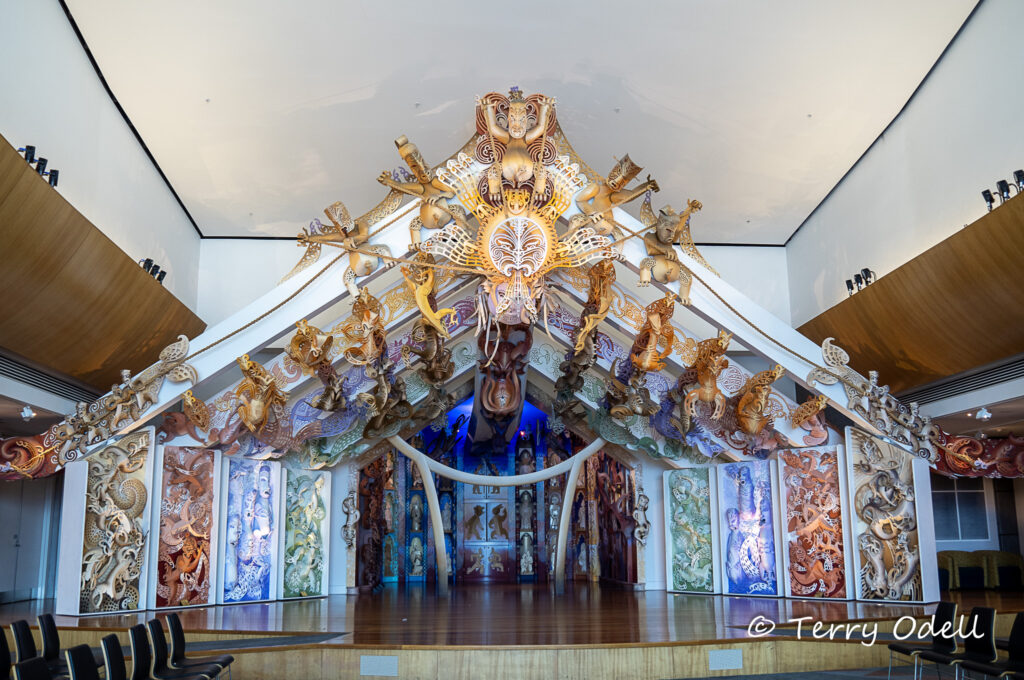
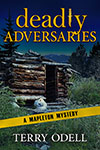


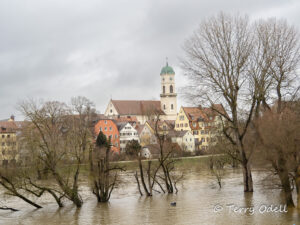

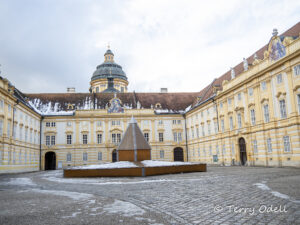
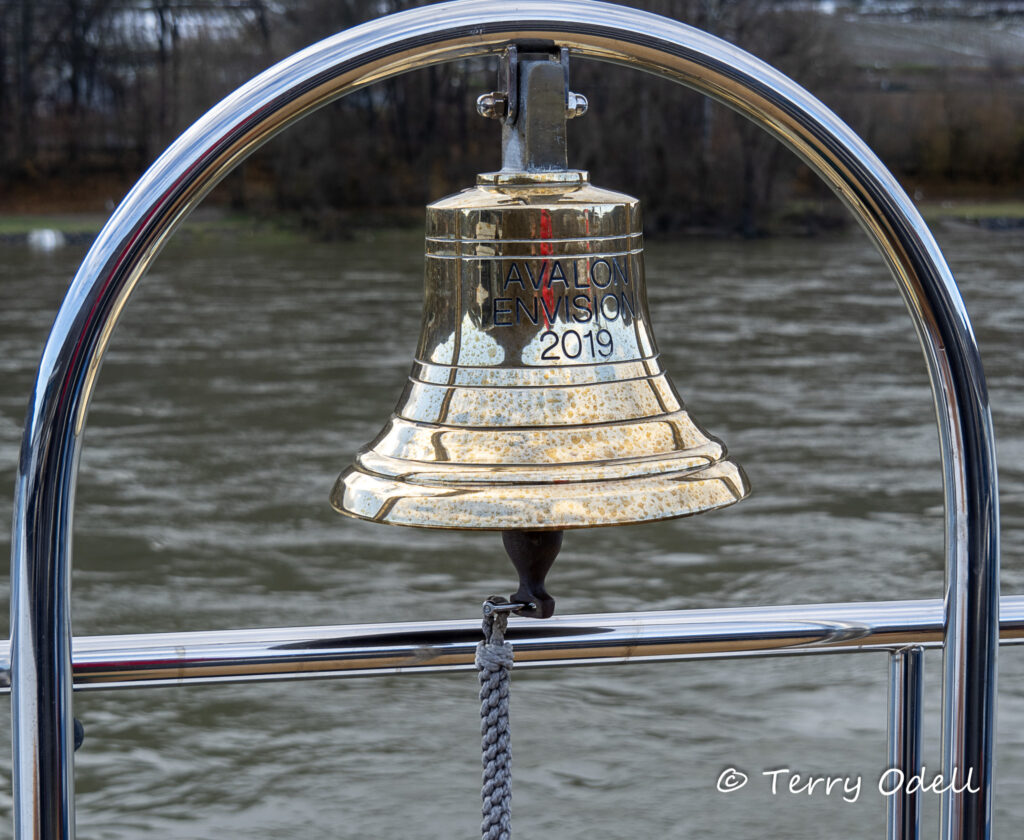 Let me be the third poster to ring in 2024, TKZers. Kay and Debbie covered the goals/resolutions topic very well, so I’m not going there.
Let me be the third poster to ring in 2024, TKZers. Kay and Debbie covered the goals/resolutions topic very well, so I’m not going there.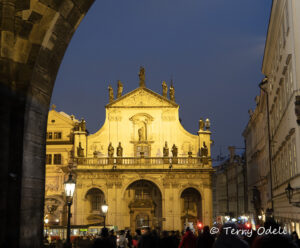
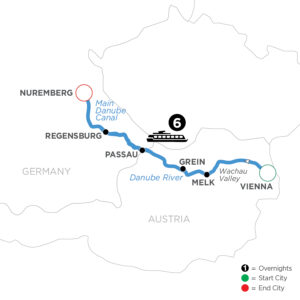
 Decades ago, I was a photography hobbyist. Long enough ago so I was shooting black-and-white film and processing in my home darkroom.
Decades ago, I was a photography hobbyist. Long enough ago so I was shooting black-and-white film and processing in my home darkroom.
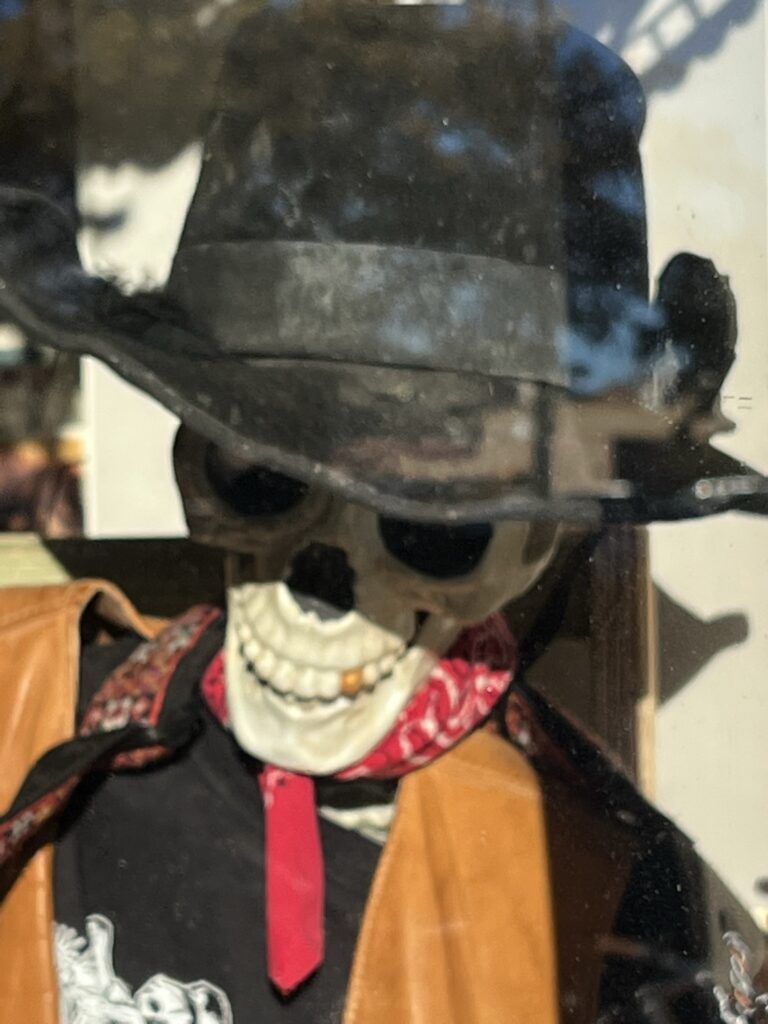
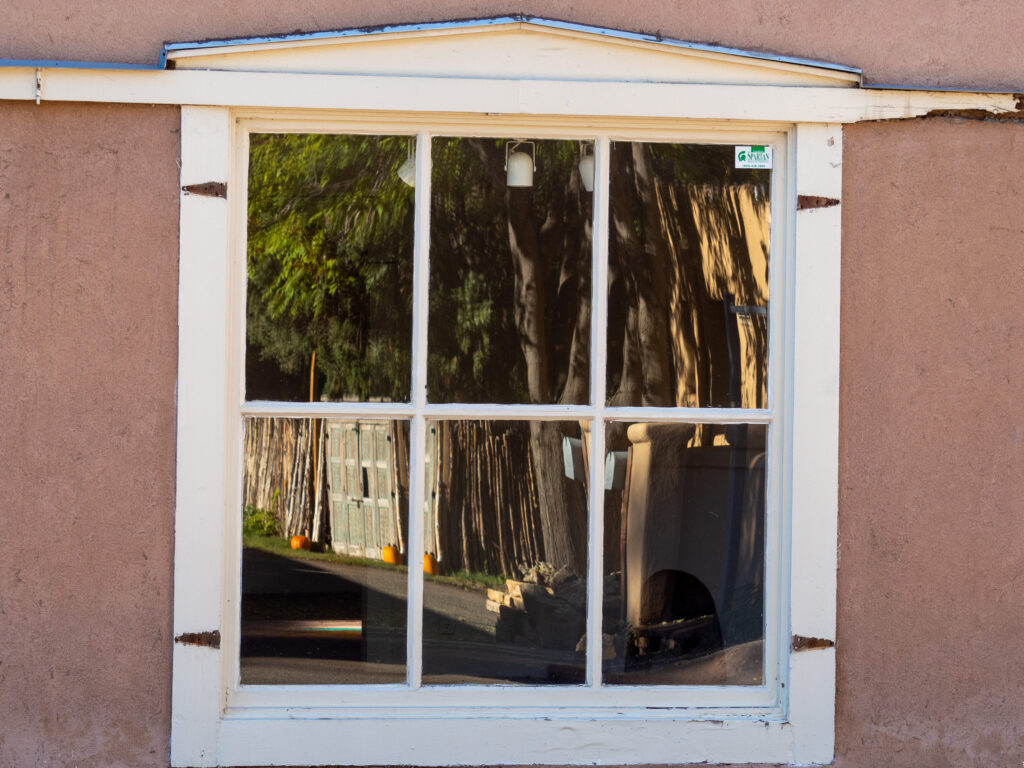
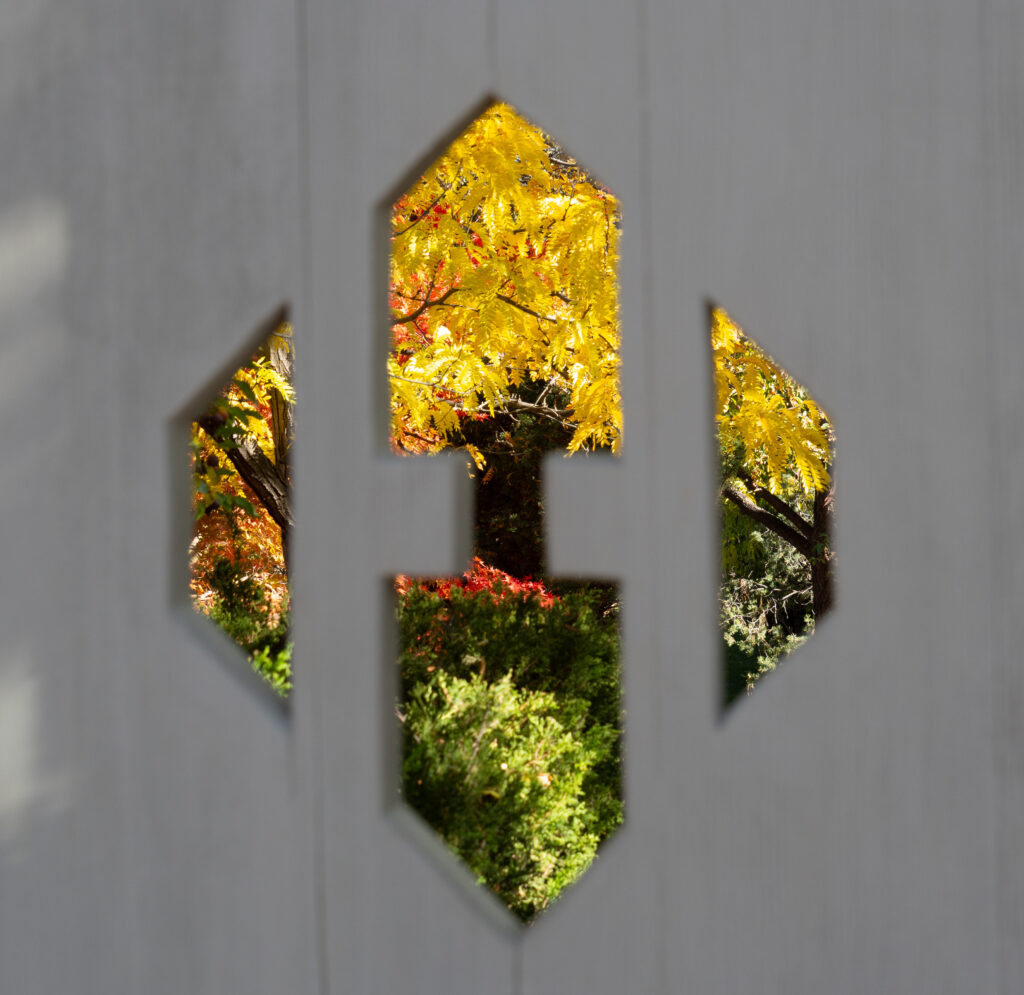

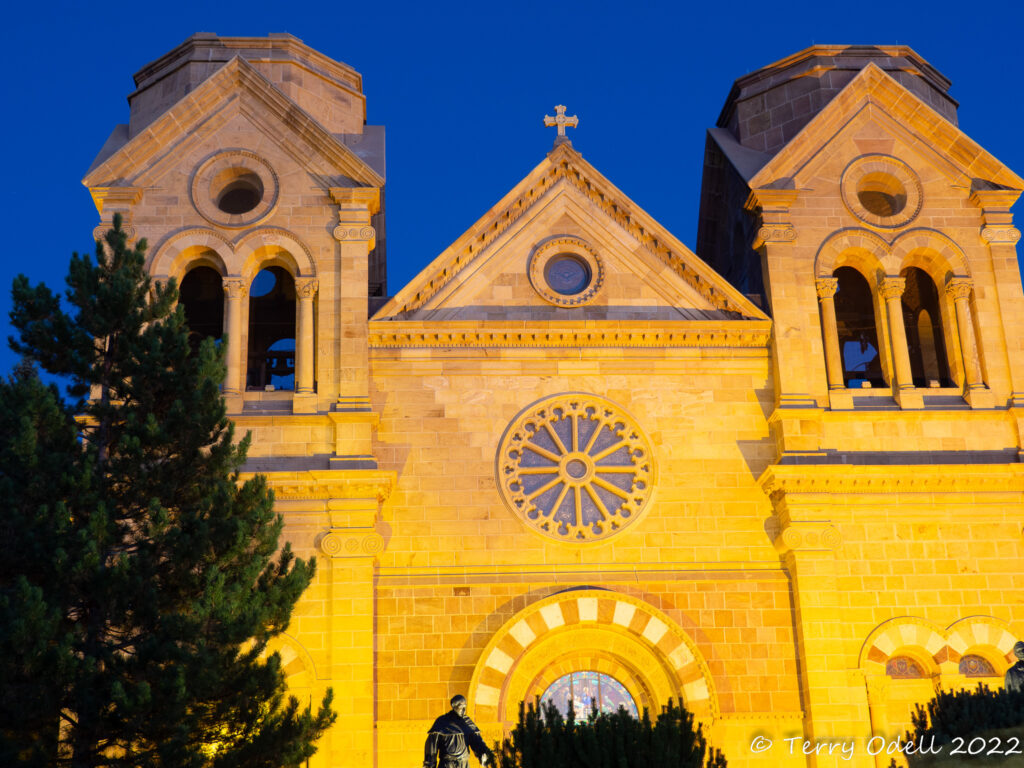
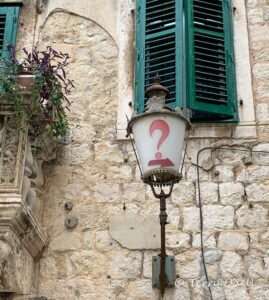
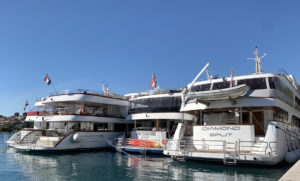
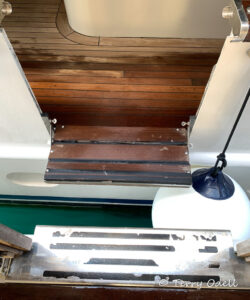
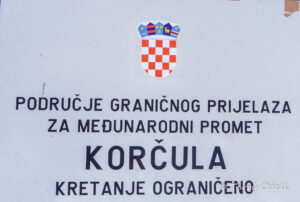
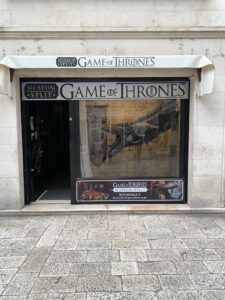
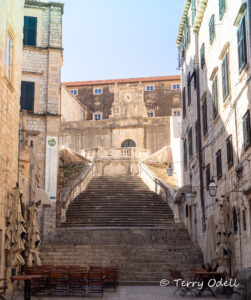

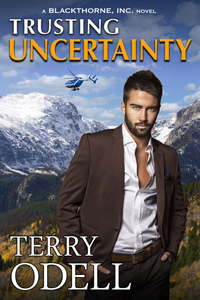
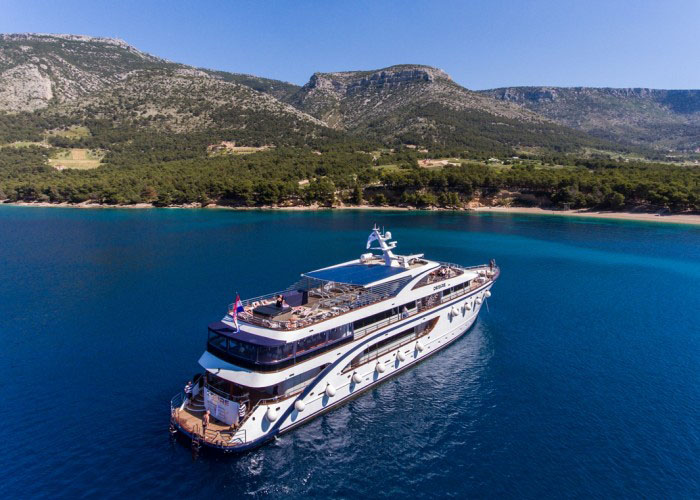
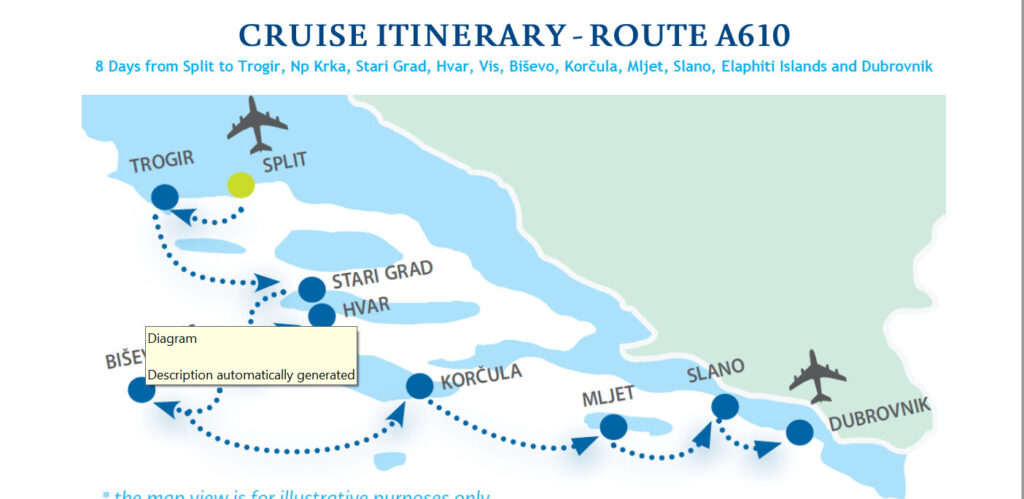
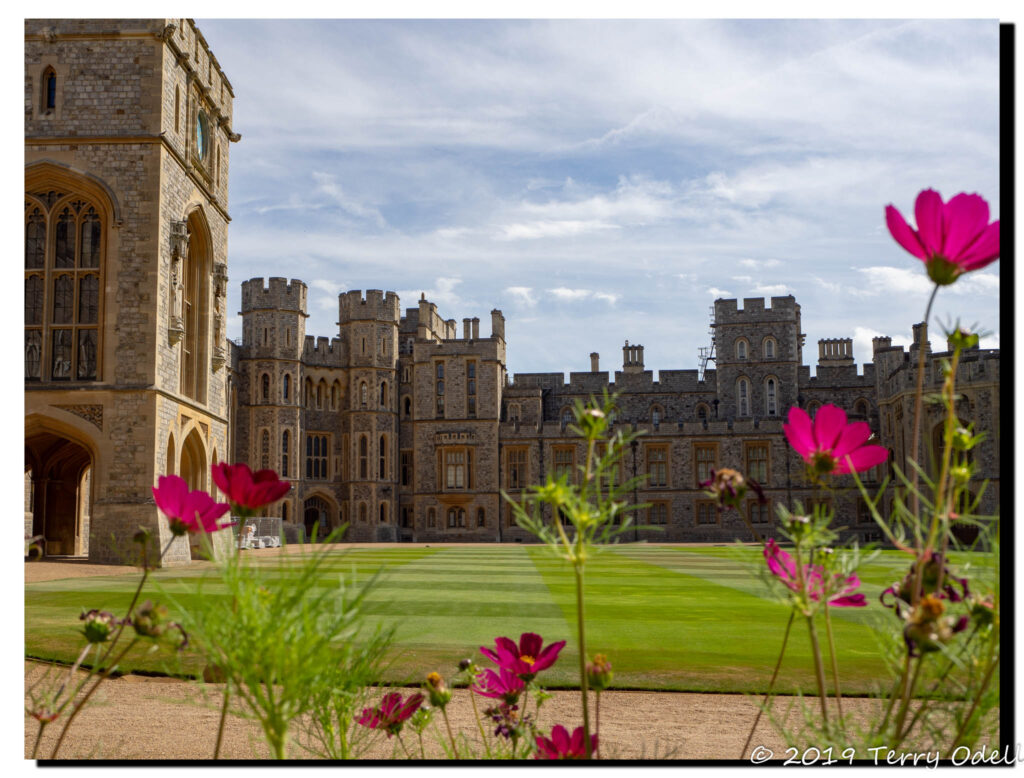
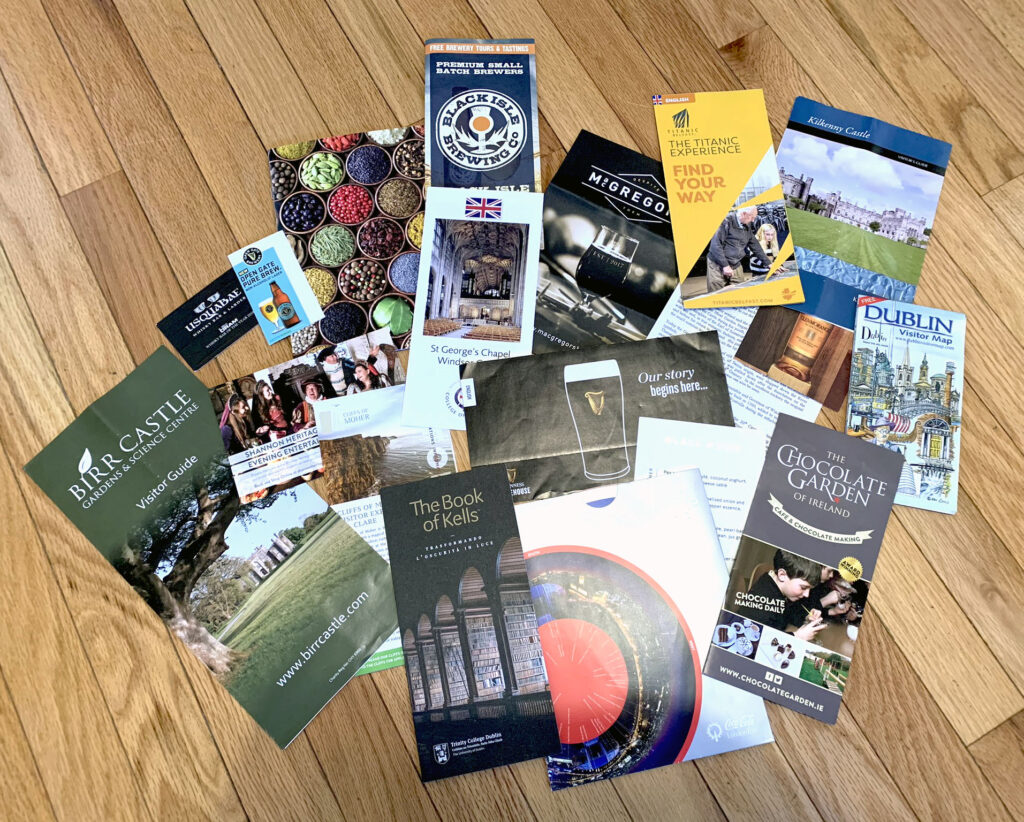

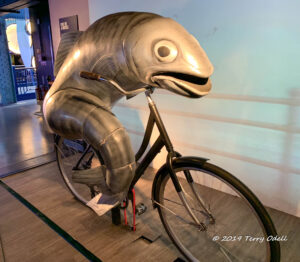
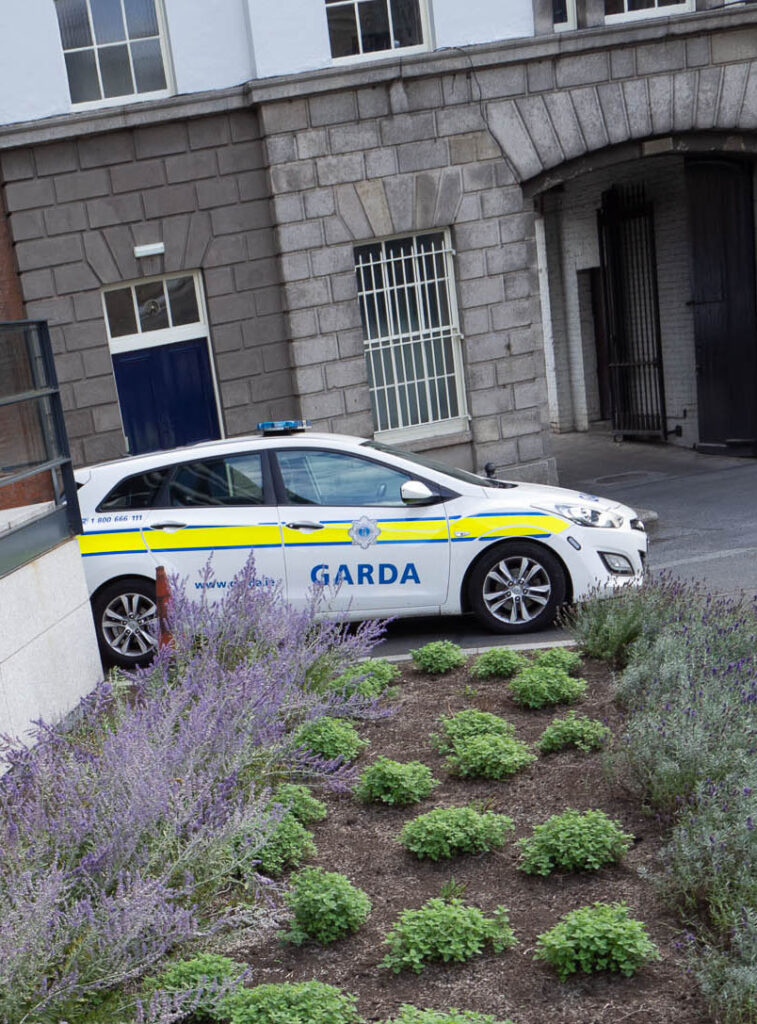
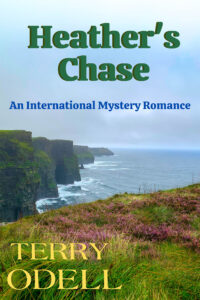
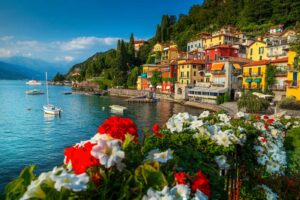
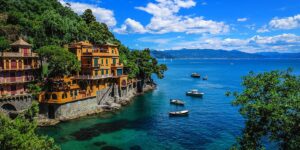
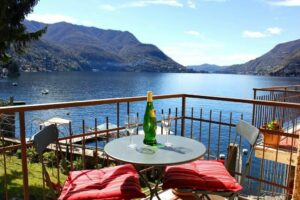
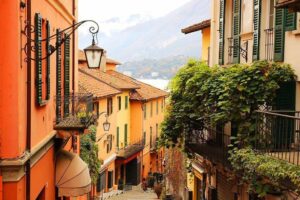

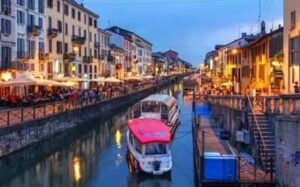

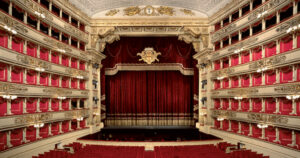
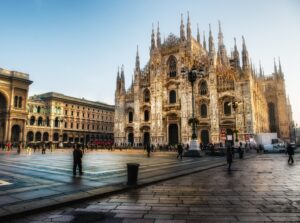
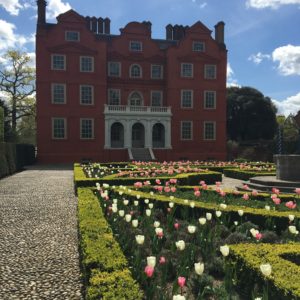
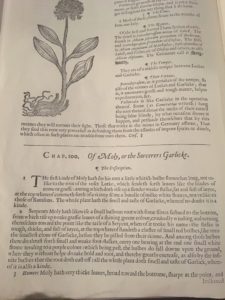
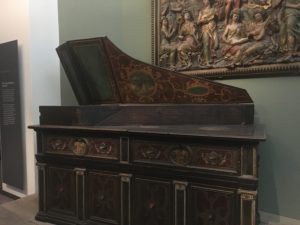 By the time we travelled to Bath I was ready for the next few gems, including a reference to a potential character in the Bath abbey and a visit to a charming town in the Cotswolds that had a small medieval church and graveyard that could totally be used in a future book.
By the time we travelled to Bath I was ready for the next few gems, including a reference to a potential character in the Bath abbey and a visit to a charming town in the Cotswolds that had a small medieval church and graveyard that could totally be used in a future book.